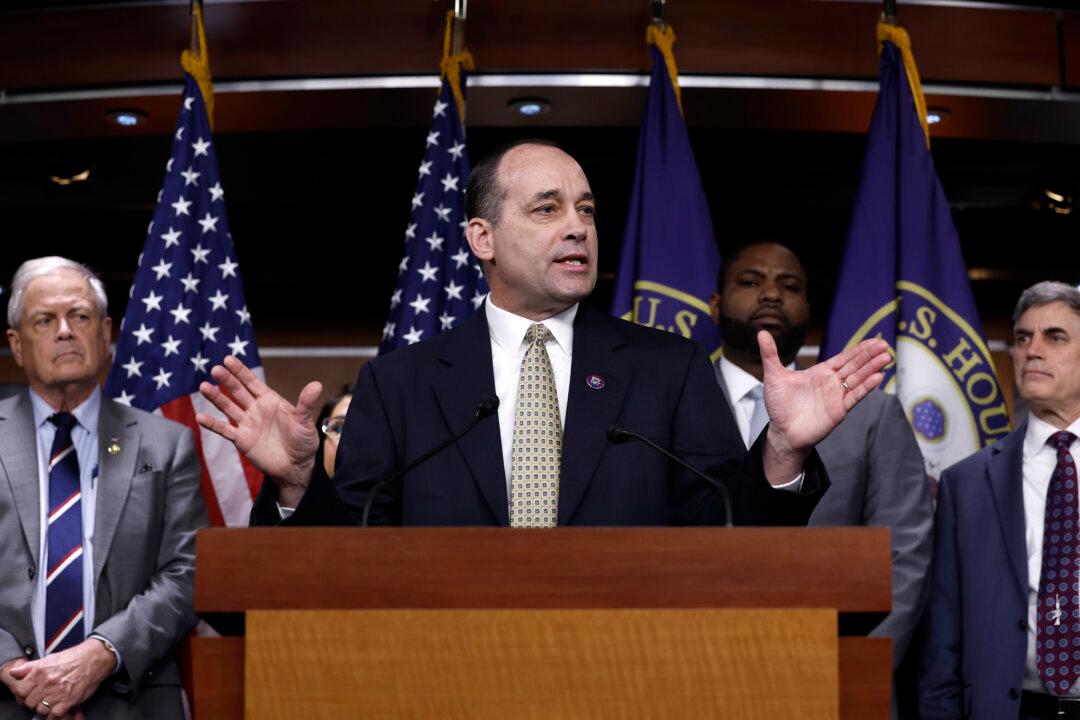Rep. Bob Good (R-Va.) revived a decades-old push to establish English as the official language of the United States with the introduction on March 24 of the English Language Unity Act of 2023.
If passed, the bill (pdf) would “declare English as the official language of the United States,” require all functions and proceedings of the U.S. government to be conducted in English, and incorporate “uniform testing of English language ability” as part of the naturalization process for legal immigrants.





